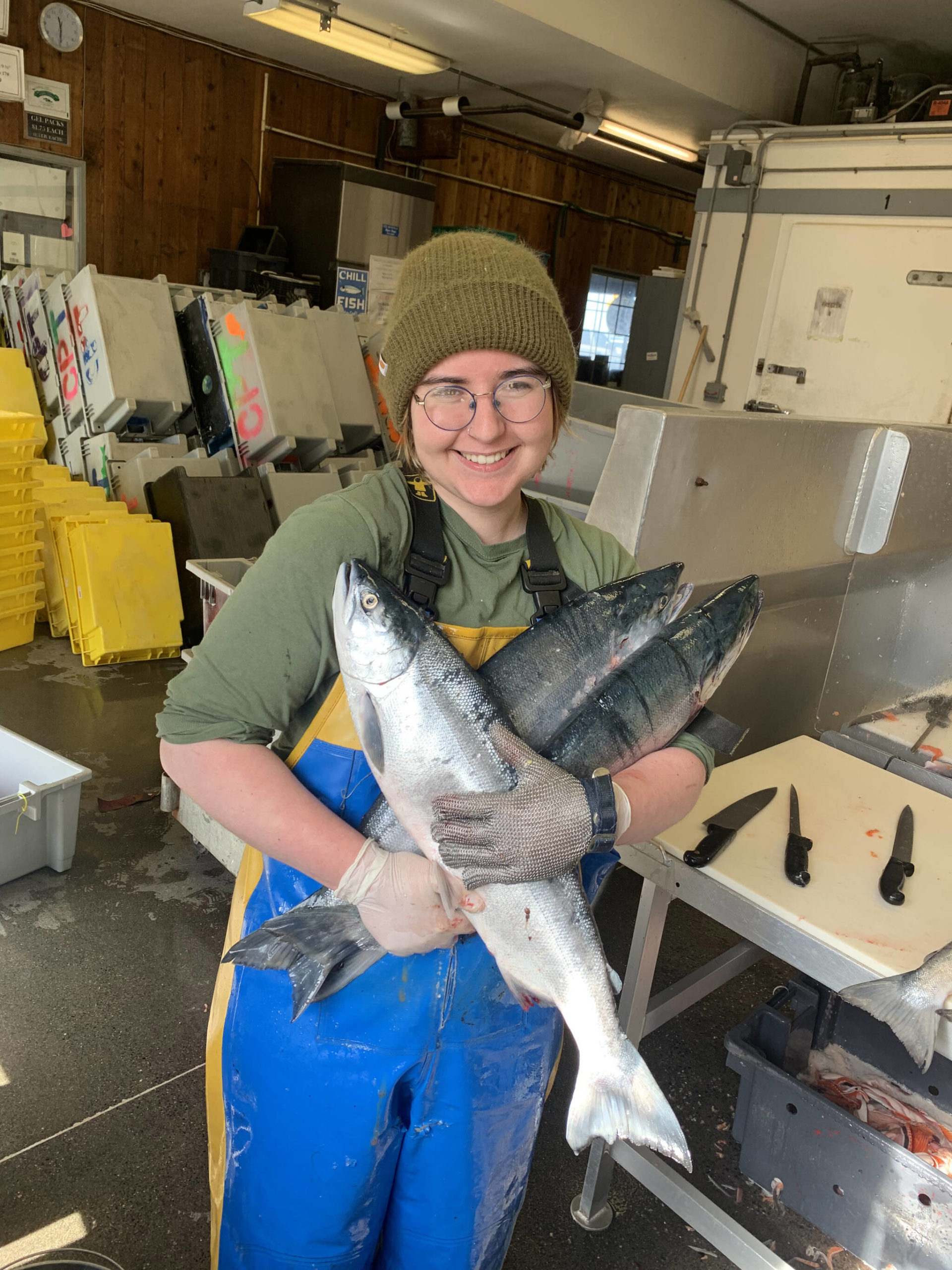The National Oceanic and Atmospheric Association (NOAA) has announced that they are closing the Cook Inlet EEZ to commercial fishing for the 2022 season. This same body of water is undergoing the process of being leased out (sale 258) for oil and gas exploration and development by the Bureau of Ocean Energy Management (BOEM).
I am all for the conservation of wild salmon stocks, and if NOAA has conducted their research and believes that the salmon runs migrating through there are in jeopardy, then I support this closure. What I cannot support, or understand, is if these fish are so at risk, why is BOEM able to move forward with lease sale 258?
In the draft Environmental Impact Statement (EIS) recently published by BOEM, they note several negative effects to migrating fish in the production area. Noise impacts from seismic surveys, drilling, platform and pipeline installation, and vessel traffic will affect fish’s ability to swim, feed, avoid predation, and communicate. Fish rely on their perception of sound and pressure to perform these basic functions. Death, and physical damage — likely leading to predation and death — can occur if they’re unable to escape intense noises.
There will also be effects to the prey that salmon feed on, such as zooplankton — notably larval fish and crustaceans. They get caught up and trapped in water intake structures containing warmer water and chemicals that will kill or shock these important creatures of the salmon diet. Discharge of drilling fluids and cuttings will also affect these prey organisms through chemical toxicity, as well as clogging their gills and digestive tracts.
Conveniently enough for the constituents of this lease, the drift fleet will no longer be in their way, at least for this upcoming season. Even so, BOEM does address effects on commercial fishermen in their EIS. The answer they have provided to many of the issues listed above is that the salmon will simply “swim away.” However, changes to the migration patterns these fish have followed for centuries directly affects our commercial fishermen. BOEM is not oblivious to this, and states that oil and gas production activities will disperse and displace targeted fish species, affecting catch rates of fishermen. They also note space-use conflicts, such as fishermen losing access to part of their fishing grounds to maintain a distance from the platforms. Fishing near their operation also puts the fisherman’s gear at risk of entanglement with their equipment. If the Cook Inlet EEZ ever opens back up again, our fishermen will be excluded from areas they’ve thrived off of for decades.
The question arises then, why is NOAA’s solution to the EEZ fishery issue to push aside our local drift fleet, while turning a blind eye to the upcoming adverse effects lease sale 258 will have on this at-risk fishery? Is NOAA’s true goal conservation? If so, they need to take a stand against BOEM and the agencies driving this lease forward. The decisions these federal organizations make affects all of us on the local level. Proper management of Cook Inlet and the many natural resources it provides us is critical to the livelihood of the small communities that depend on it. If the agencies charged with overseeing it are corrupt and working together towards some unknown agenda, where does that leave the rest of us? These two opposing management plans can only come together to benefit one special interest group, and that is the wealthy corporations who will be purchasing this lease.
Cook Inlet needs a chance to rehabilitate so our fishermen can get back to what they do. Stand for our salmon, coastal communities and commercial fishermen by opposing lease sale 258.
Cristen San Roman is a 23-year-old filleter and lifelong Alaskan.


